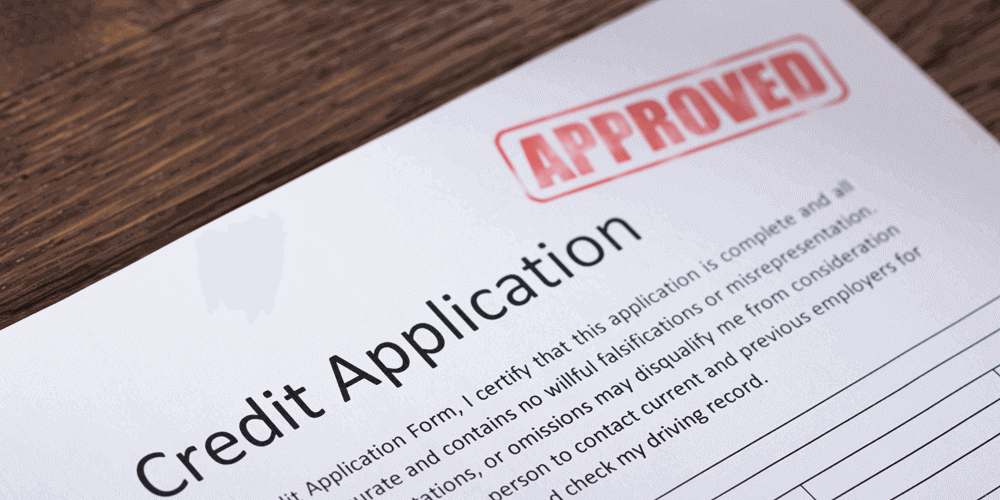Co-Signer vs. Guarantor: What’s the Difference?


Highlights:
- A co-signer is someone who agrees to take legal responsibility for a borrower’s debt, should the borrower fail to pay back what they owe as agreed.
- Guarantors, like co-signers, agree to cover a borrower’s debt if they fail to pay what they owe. However, they are generally not responsible for repayment unless the borrower completely defaults.
- Becoming either a co-signer or a guarantor is a serious financial commitment that can have significant financial consequences for your credit reports and credit scores.
With the help of a co-signer or a guarantor, borrowers with low credit scores or limited credit history may be more likely to qualify for the credit they need. However, despite the similarities between co-signers and guarantors, there are important differences that both parties should understand.
What is a co-signer?
A co-signer is someone who agrees to take legal responsibility for a borrower’s debt, should the borrower fail to pay back what they owe as agreed. In the context of rental properties, a co-signer agrees to sign the lease alongside the renter and share responsibility for the rent and utilities.
Individuals who have low credit scores, irregular income or minimal credit history may have trouble being approved for a new credit account, loan or renting an apartment. Having a co-signer on a credit application or lease helps reduce the risk that the lender or property owner will lose money in case of missed payments. Co-signers may make a lender feel more comfortable with an imperfect applicant, offering a better chance of being approved.
Co-signers may be beneficial for mortgages, student loans, personal loans and other types of debt, as well as for rental agreements. Although anyone with a solid financial history can be a co-signer, they are most commonly friends or family members of the borrower or renter.
What does a co-signer do?
Loan co-signers are responsible for any payments that the borrower misses. If the borrower defaults, the co-signer is also responsible for the full amount of the loan.
The act of simply co-signing a loan will not impact your credit scores. However, that doesn’t mean co-signing is without risks. Because a co-signer co-owns the debt alongside the primary borrower, the debt will appear on a co-signer’s credit history along with a record of any loan payments. If the lender reports the debt to any of the three nationwide credit agencies (Equifax®, Experian® and TransUnion®), the loan will be reflected on the co-signer’s credit reports.
The co-signers credit scores may be impacted if payments aren't made on time. Negative behavior — such as a missed payment or a default — can hurt the co-signer’s credit scores just as badly as (if not worse than) the primary borrower’s credit scores.
Additionally, in the event of a default, lenders and collections agencies may attempt to collect the debt directly from the co-signer.
Pros and cons of a co-signing arrangement
There are many benefits for the borrower to have a co-signer. For example, having a co-signer can help the borrower access credit they wouldn’t qualify for otherwise. Borrowers may also be offered lower interest rates and better loan terms than on their own, saving money in the long run.
If you’re a co-signer, however, you may put yourself and your finances at risk. If the borrower misses any payments or defaults on their debt, you’re legally responsible for these financial missteps. The borrower’s defaulted debt may appear in your credit history, knock down your credit scores and even increase your debt-to-income ratio. These are important factors that lenders may consider when evaluating you for additional credit accounts.
Despite these risks, you may decide that co-signing a loan is worth the gamble in order to help out a friend or family member with a limited income or low credit scores.
What is a guarantor?
Guarantors, like co-signers, agree to cover a borrower’s debt if they fail to pay what they owe. They may be required when a borrower doesn’t meet the financial requirements set out by a lender or landlord. However, while a co-signer is responsible for every payment that a borrower misses, a guarantor is generally not responsible for repayment unless the borrower fails to repay the loan or lease.
Simply becoming a guarantor will generally not impact your credit reports and credit scores. However, a guarantor may be negatively affected in other ways.
Pros and cons of a guarantor arrangement
If the borrower is high-risk, a guarantor can help them secure new credit. As with a co-signer, the risks lie primarily with the guarantor. If you’re a guarantor, you might have to shoulder a financial burden on behalf of the borrower, which can be a challenge even for someone with high credit scores. Still, you’ll have the satisfaction of enabling a loved one’s access to important credit.
What is the difference between a co-signer and a guarantor?
The primary difference between a co-signer and a guarantor is how soon each individual becomes responsible for the borrower’s debt. A co-signer is responsible for every payment that a borrower misses. However, a guarantor only assumes responsibility if the borrower falls into total default.
Co-signers and guarantors can offer conscientious borrowers a much-needed credit lifeline, but keep in mind that becoming a co-signer or guarantor is a serious financial commitment that requires both parties to put their credit history on the line.
Get your free credit score today!
We get it, credit scores are important. A monthly free credit score & Equifax credit report are available with Equifax Core CreditTM. No credit card required.



